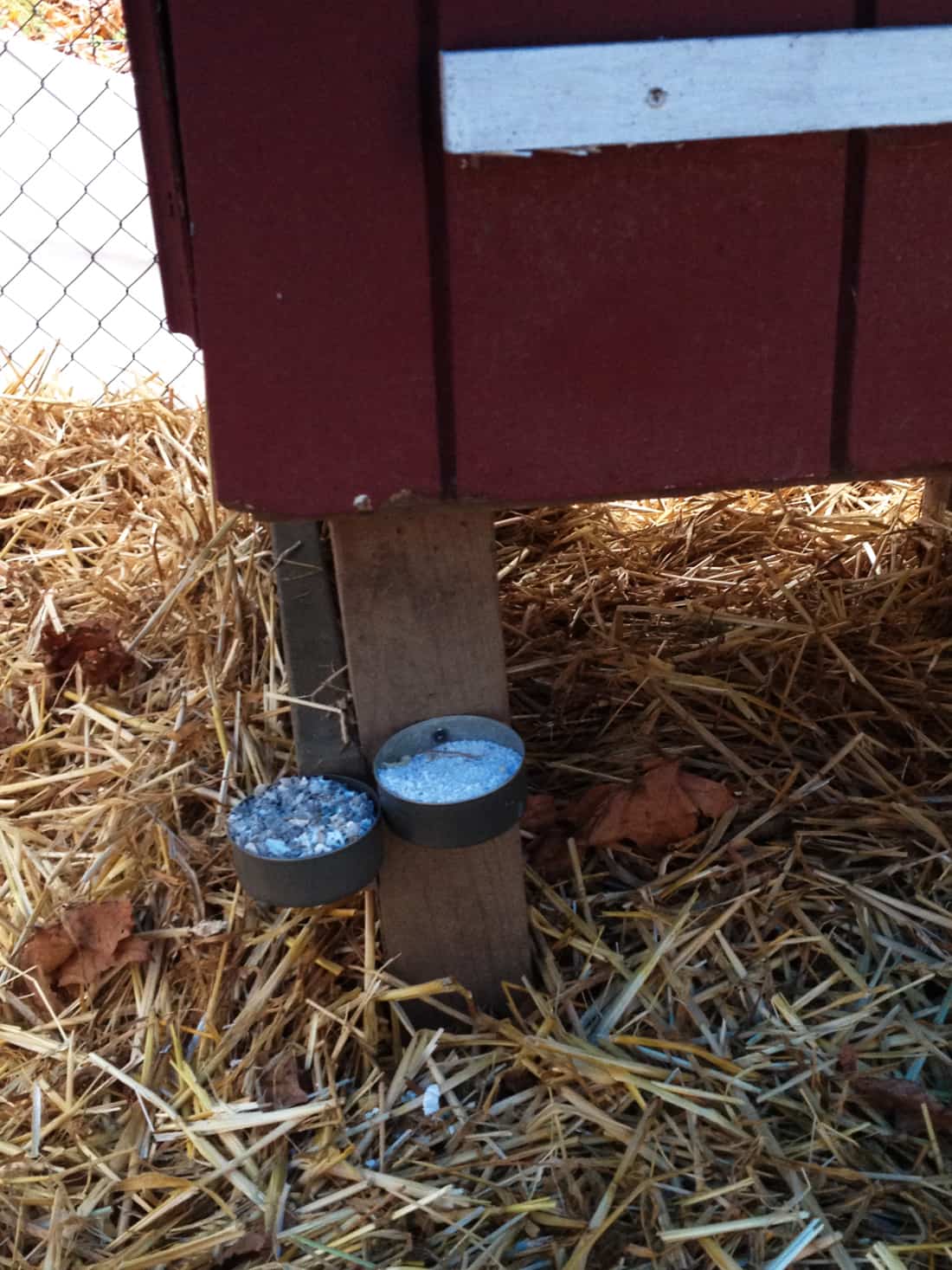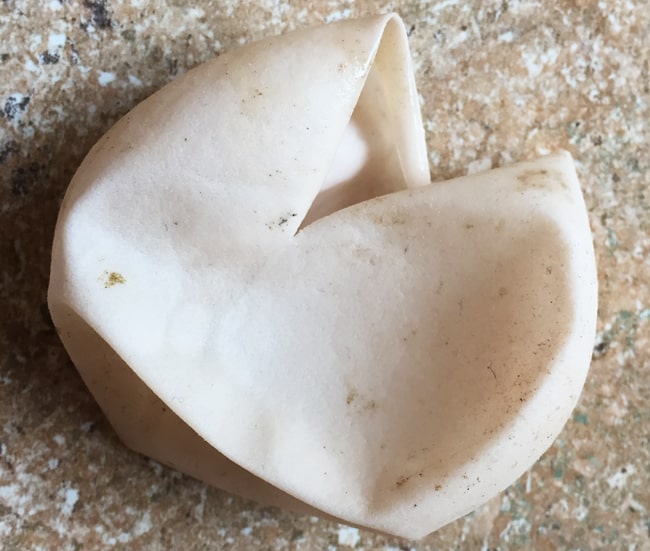
Have you ever had a hen lay a rubber egg? By ‘rubber’ I mean a soft egg, without a shell around it. It’s actually a perfectly fine egg, so to speak, it’s just missing it’s tough outer shell. And once in a while a hen lays one. But why?
I have a hen that likes to lay those bouncy rubber eggs when she get scared. All the other times (when she’s not scared), her eggs are normal.
(By scared I mean as in the time the neighbor boy mowed the lawn got between her and the coop, She freaked out. I flagged the lawn boy down, he turned the mower, and Goldie squawked and flapped her way back to the chicken run. Once inside, out popped a rubber egg, where the other chickens pounced on it, devouring it like they were piranhas. It was gone before Goldie knew what happened.)
WHAT CAUSES RUBBER OR SHELL-LESS EGGS?
There are a few different possible causes to why a hen would lay an egg without a shell. Most of the reasons also have simple solutions, so the problem should be easy to fix.
Stress
Stress for a chicken might mean an unexpected lawn boy like for Goldie. It could mean being sick. Or a recent predator attack on the flock. It could also be any number of other factors such as a rough rooster being too active with her, too much heat, barking dogs next door. Anything that unsettles them.
The stress pushes the egg through the cycle too quickly not giving it enough time to properly form a shell around the egg (but the membrane is fully intact).
Solution: Keep your hens in as stress free an environment as possible.
Age
If a hen is young, sometimes her reproductive ‘stuff’ hasn’t caught up with itself. If this is the case, as the hen ages, things should level out.
Equally, if the hen is getting older, they might lay a rubber egg. This is caused because as a hen ages, their eggs get bigger so there is less ‘shell material’ to cover the larger egg.
Solution: For young hens, just wait it out. For old hens (if the problem is large eggs) there’s not much you can do.
Calcium Deficiency
Hens need extra calcium to produce all those shells. If they don’t get enough calcium in their diet, they might lay thin-shelled or shell-less eggs.
Solution: A good way to get this calcium is to make sure your laying hens are on a layer feed. This is a feed that’s been fortified with more calcium for the laying years.
Sometimes, though, just layer feed alone isn’t enough. It’s good to have extra calcium in the coop for the hens to eat. I do this by filling a recycled tuna fish can with a combination of oyster shell and baked, crushed chicken shells. I have it nailed to the side of the coop and they can eat it when they want. It’s not a good idea to add it into their feed. Let them decide when they want/need it. (My hens GREATLY prefer the chicken shells over the oyster shells, but I mix them together just because I don’t have enough chicken shells to keep them in constant supply.) If you’ve never used your chicken egg shells, here’s how you can prepare them.

Vitamin D Deficiency
Vitamin D is essential for hens, just like for us. And just like us, one of the main ways a hen creates enough vitamin D on her own is by having enough sun exposure. Low levels of vitamin D can cause soft-shelled, brittle or thin shelled eggs.
Solution: Add a bit of cod liver oil to their food (like adding it to some oatmeal). A little goes a long ways–there’s a high level of vitamin D in cod liver oil. You’ll know they’re getting too much if their feathers start getting oily.
No Reason At All
Sometimes there’s no reason to explain why a hen is laying a rubber egg. Sometimes weird eggs just happen. It’s nothing to worry about if it only happens on occasion. Most likely it’s just some unexplained thing and it will pass.

ARE SOFT-SHELLED EGGS SAFE TO EAT?
Technically, yes. They’re generally normal inside, they’re just missing a shell. However, the shell is what keeps it safe from the elements. The shell keeps out bacteria and other possible contamination. So, a shell-less egg can be a bit risky ingest (unless you catch it right when it gets laid). Usually I scramble the rubber eggs any hen might lay, and feed them back to the chickens for a nice dose of protein. (I know, some of you will think that’s just wrong. ha. You could feed them to the dog or something, though.)
(Below is a rubber egg after I split it open with a knife to cook the insides for my hens. Nice thick membrane, but zero hard shell.)

The bottom line is, there might be several possible problems related to your hen laying a rubber, shell-less egg. Or it might just be a random thing with no apparent reason at all. In any case, the problems have easy solutions and as long as it’s not happening EVERY. SINGLE. TIME. your hen lays an egg, I wouldn’t worry about it.